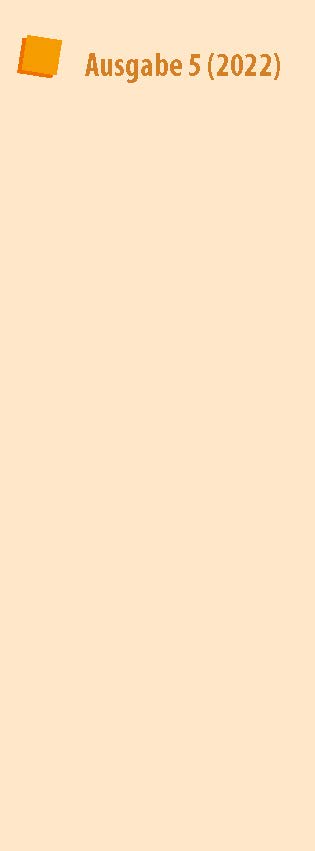“You Are Virtually Submerged in a Sea of Language, of Words, and the Brain Takes on a Life of Its Own”
A Seminar on Higher Education Didactics to Introduce Competence-oriented Linguistic Analysis of Learner Generated Texts
DOI:
https://doi.org/10.11576/hlz-5259Keywords:
German as a Second Language, Language Diagnostics, Further Education Studies, Multilingualism, Analysis of Learner Generated Texts, LinguisticsAbstract
Before teachers can begin with the linguistic support of a learner, it is indispensable to precisely determine possible linguistic potentials as well as support needs of the respective learners within the framework of a diagnosis. In the further education programme Deutsch als Zweitsprache intensiv at the University of Cologne, which is part of the NRW-wide further education initiative Deutsch als Zweitsprache, a lot of emphasis is therefore placed on intensive training of the (prospective) teachers’ linguistic diagnostic skills. In this context, the competence-oriented linguistic analysis of learner-generated texts (KLLA; vgl. Veiga-Pfeifer et al., 2020) can be used as a versatile language diagnostic procedure. Authentic texts of language learners are analysed on the basis of different language levels. However, it is essential that the teacher has a basic knowledge of linguistics and that the analysis is resource-oriented and not deficit-oriented. In order for the KLLA to be adequately implemented by the (prospective) teachers, a systematic introduction to the method takes place in the above-mentioned further education programme. This article first discusses the theoretical background of the KLLA as well as the procedure itself and the methodological-didactic positioning of the university didactic concept. Building on this, it then provides a detailed insight into the didactic concept of higher education, followed by a presentation of evaluation results and reports on the experiences of trained participants and a brief outlook.
Downloads
Published
How to Cite
Issue
Section
License
Copyright (c) 2022 Rode Veiga-Pfeifer, Ina-Maria Maahs, Erol Hacisalihoglu

This work is licensed under a Creative Commons Attribution-ShareAlike 4.0 International License.
Sämtliche Inhalte der HLZ werden freigegeben unter der Creative-Commons-Lizenz Namensnennung, Weitergabe unter gleichen Bedingungen, Version 4.0 International (CC BY-SA 4.0). Die Urheber_innen und die Rechteinhaber_innen der in der HLZ veröffentlichten Beiträge gewähren grundsätzlich allen Nutzer_innen unwiderruflich das freie, weltweite Zugangsrecht zu diesen Veröffentlichungen. Unter der Bedingung, dass Autor_innen und Herausgeber_innen gemäß der Zitationshinweise sowie die Lizenz als »Lizenz: CC BY-SA 4.0« einschließlich der untenstehenden Lizenz-URL genannt werden, dürfen die Beiträge der HLZ vervielfältigt, weitergereicht und auf beliebige Weise genutzt werden, auch kommerziell und ebenso online wie in gedruckter oder anderer Form. Auch die Bearbeitung ist erlaubt unter der zusätzlichen Bedingung, dass das neu entstandene Werk als Bearbeitung gekennzeichnet wird und im Falle einer Veröffentlichung unter derselben Lizenz wie in der HLZ freigegeben wird.





